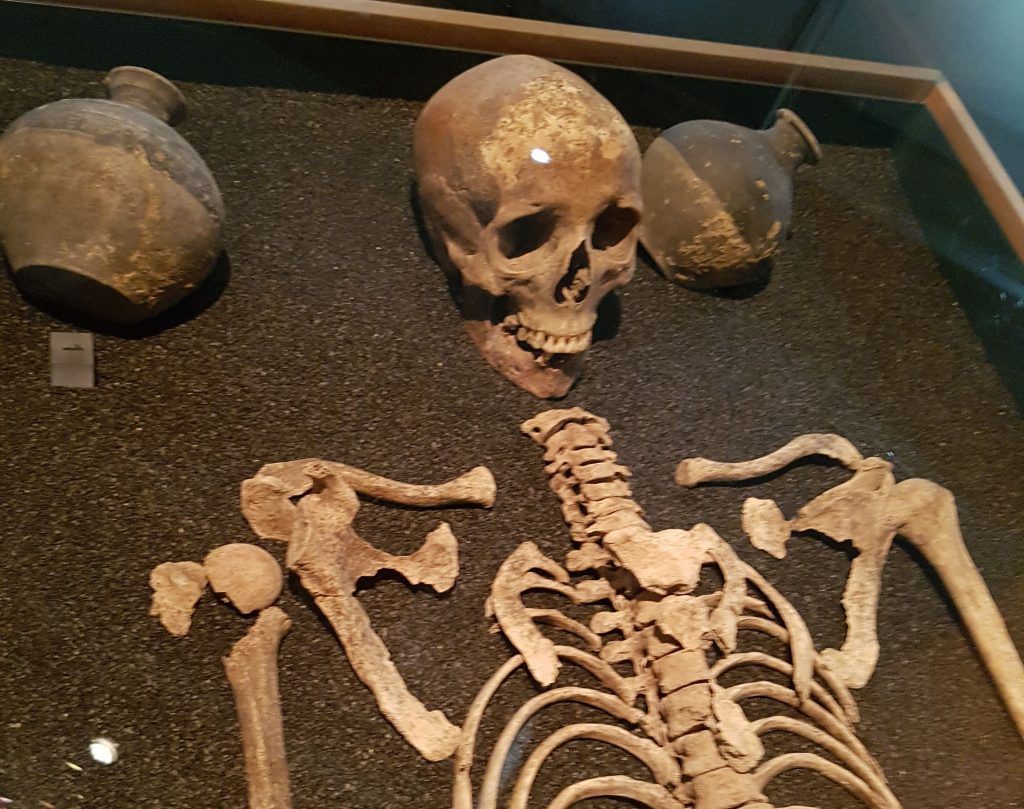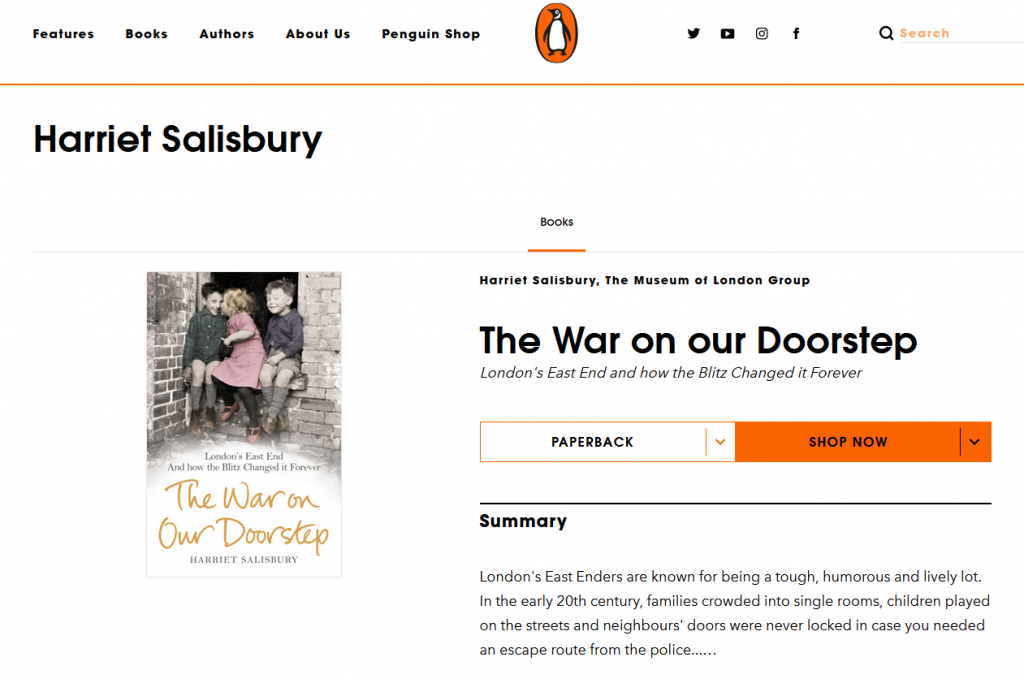Recent discoveries from Pompeii are being reported in a timely fashion on an interesting website – one of the recent posts is about the discovery of a Roman Electoral Poster. Please enjoy the read! electoral-inscriptions-discovered-in-pompeii
Below, I enclose a short section of my book ‘In Their Own Words – A Literary Companion To The Origins Of London‘ on Roman Elections, which might be of interest. But first, I have updated and republished my Almanac of the Past Blog posts for November 4th and November 5th, which you can see my following these links:
Extract from ‘In Their Own Words – A Literary Companion To The Origins Of London‘ about Roman Local Politics.
The forum in a Roman town was the central meeting place, used for offices, shops, market, meetings and political elections. Inscriptions show that the Londinium forum was the home of the provincial assembly, and that local government in London continued down to the ward (vicus) level. Surviving political `posters’ and graffiti from Pompeii provides some idea of the concerns of the Roman citizens:
Neighbours! Vote L Status Receptus for duumvir. He is fine. Posted by Aemilius Celer Vicinus.
A Plague on any wretch who scrubs this out!
Vote for M Casellius Marcellus ,a good aedile. He will grant great Games!
Bruttius Balbus for duumvir. Genialis supports him. He will conserve the treasury.
Trebius for aedile! The barbers support him.
M.Cerrinius Vatia for aedile! All night drinkers back him. Vatia for aedile! The pick pockets back him!
Spend for the public welfare! Keep the rates down!
— John Morris,‘londinium’22
A duumvir was the chief magistrate of the town, the equivalent of the Consul in Rome, and he was helped by `junior’ magistrates including aediles. As magistrates, they were expected to fund public works and entertainments from their pocket, so they had to be independently wealthy or backed by wealthy interests.
In addition, a property qualification could be imposed. A surviving charter provides:
A councillor of Tarentum…shall possess a building within the borders of the territory of Tarentum that shall be roofed with no fewer than 1,500 tiles.
Voting was strictly controlled, with returning officers, supervision by independent witnesses, and ballot boxes.
In Their Own Words – A Literary Companion To The Origins Of London‘ D A Horizons, 2009. Kevin Flude
To buy Kindle version click here. To buy paperback click on the paypal link below or email kpflude AT anddidthosefeet.org.uk



